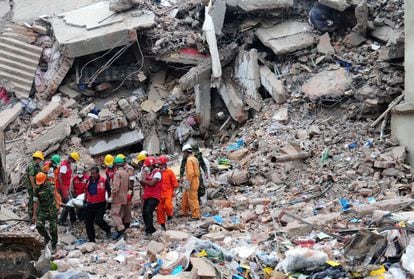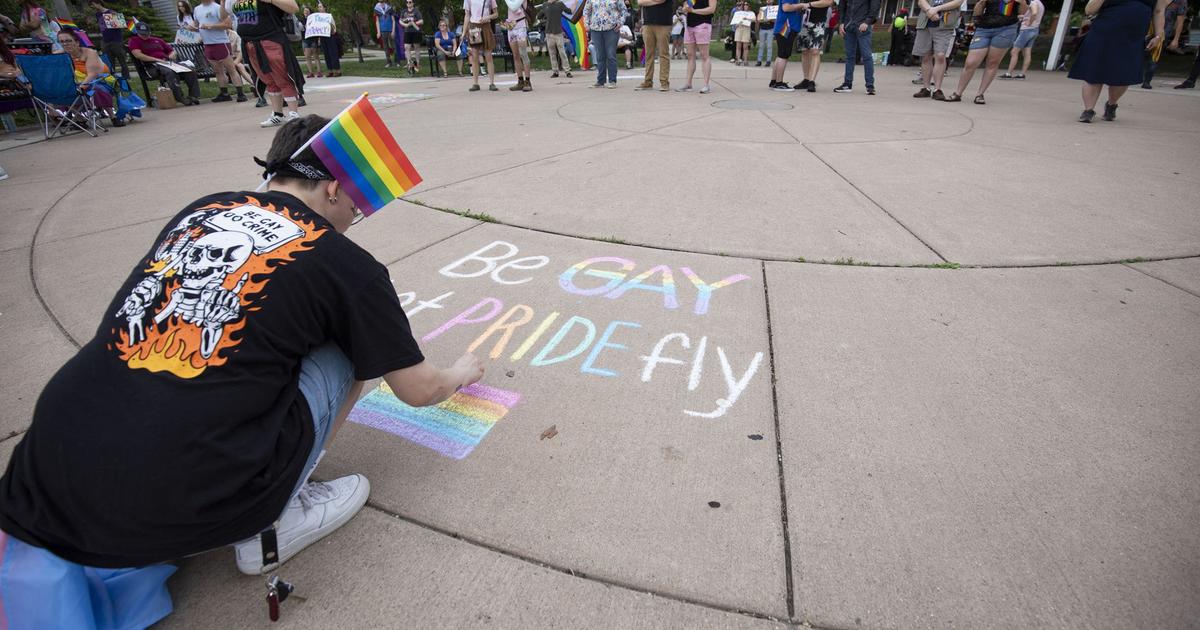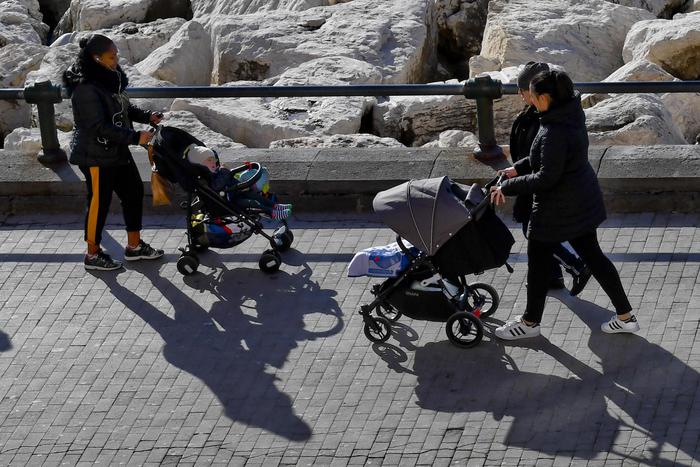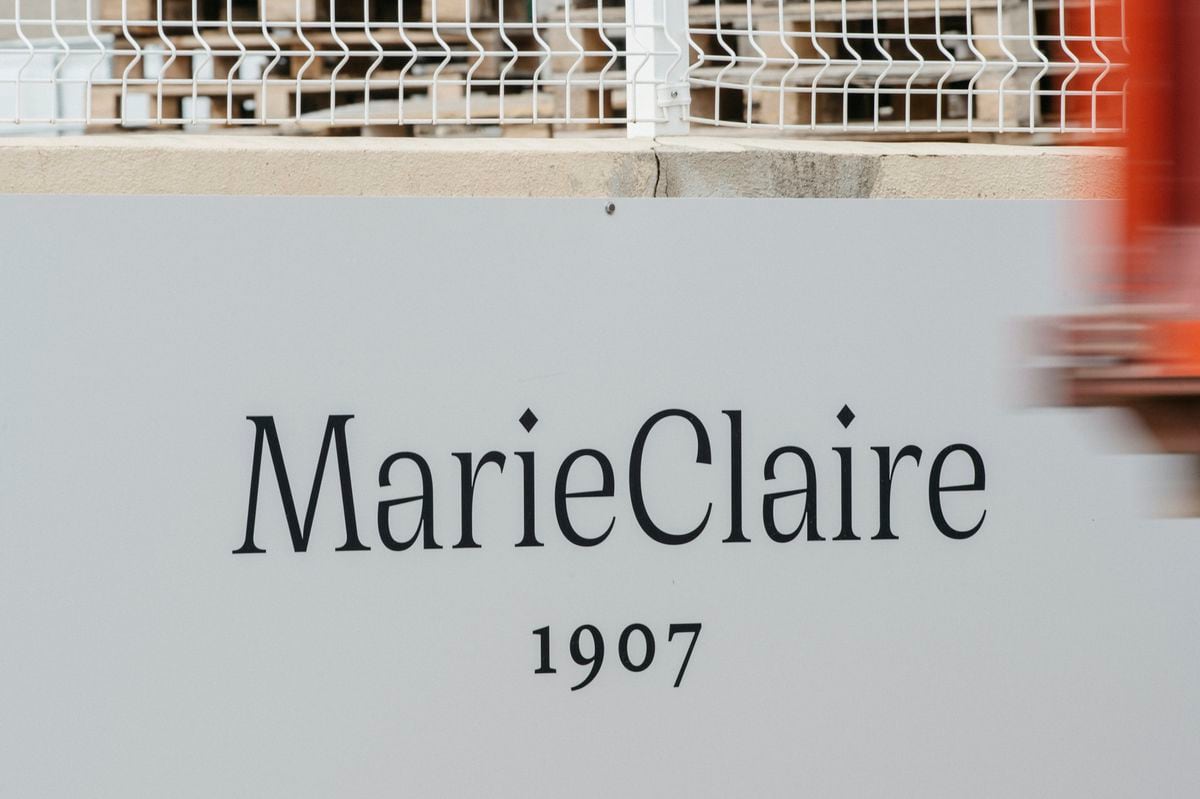Note to readers: EL PAÍS offers the Future Planet section for its daily and global information contribution on the 2030 Agenda. If you want to support our journalism,
subscribe here.
April 2021 marked eight years since the collapse of the Rana Plaza building, a nine-story complex with various textile workshops in Dhaka, the capital of Bangladesh. This is the worst tragedy in the sector on record, in which 1,134 people died. Most of them had left poverty behind in rural areas of the country after being hired by subcontractors to work for large fashion brands. The day before the collapse, it was learned that deep cracks had appeared in the building. Some employees begged not to be sent inside, or agreed to do so for fear of losing their wages. Sometime before nine in the morning, the floors began to collapse leaving only the ground floor intact. The unions assured that it was not a labor incident and called it a “massive industrial homicide”.
More information
"Ask who makes your clothes and you will save lives"
Fashion: More Lawyers Than Designers?
Life after the collapse
The collapse of Rana Plaza was not the first of its kind. However, the stories of survivors and their families made the covers around the world. A few weeks later, the Bangladesh Safety Accord was born as a binding program joined by more than 200 brands, some with employees in the collapsed building, to take action on the matter and prevent a similar disaster. Thanks to this Agreement, since then periodic inspections have been carried out to verify the electrical installations, the fire doors and the structural capacity of the factories. However, “the situation changed in May 2019”, explains Christie Miedema, from the international office of the Clean Clothes campaign,a network that works to improve working conditions in the global garment industry.
On that date, the Supreme Court ruled that the Bangladesh-based settlement office would continue to operate in the country for a transition period of one year. “During this time, brands, unions, and the Garment Manufacturers and Exporters Association would work to establish a new, non-binding institution called the Ready-Made Garments Sustainability Council” (RSC), explains the spokesperson for Clean clothes. He would take over those tasks from then on.
The initial Agreement ends on May 31, and the organization Miedema represents fears that, without the option to hold brands accountable in court, security concerns will resurface.
The activist states that since then "no brand or retail member has signed a new document that is legally enforceable."
Although some companies are beginning to realize the need for greater commitment, almost all are responding with watered-down versions of the program, he says.
No brand or retailer that is a member of the Agreement has signed a document that is legally enforceable as of now, according to Clean Clothes
In addition, Miedema denounces that some important actions are being delayed because the new institution "does not cooperate adequately."
For example, six months after assuming responsibility for ensuring workplace safety, some important commitments remained unfulfilled, such as hiring a boiler inspector, something that brands and unions agreed to early on.
In the same way, the activist points out that, of the 18 directors of the board of directors of the new institution, 12 are representatives of companies with financial rights, while the workers' representatives constitute only a third of its members.
“The representatives of the workers can be defeated by the corporate interests of the brands and the owners of the factories,” he says.
To date, in the routine reviews carried out under the Agreement, some 200 factories have been disqualified for not meeting requirements and more than 120,000 problems related to fires or construction problems have been solved, according to Clean Clothes.
Although the buildings are in better condition than in 2013 thanks to the improvements, Miedema anticipates that the work "is not finished."
For example, the verification of correctly installed fire alarms in 1,200 factories is pending, or the guaranteed safe exit routes in the event of an incident in 900 of them.
Miedema recalls that the incidents in factories this year in Morocco, Egypt and Pakistan show that it is necessary to work on adequate protection measures.
Especially considering that in many cases, garment factories are still located in buildings that are not intended for industrial purposes because garment production can be installed anywhere, since they only need a sewing machine.
Several members of the emergency personnel rescued the body of a person among the rubble of the Rana Plaza building in Dhaka, in Bangladesh, where several textile factories were located, in April 2013. The collapse caused more than a thousand deaths.MUNIR UZ ZAMAN / AFP
Years ago, when the collapse of Rana Plaza was known, Mainuddin Khondker, a government official who had headed a special inspection group for clothing factories, acknowledged to the British radio television channel BBC that 50% of them operated with insecure parameters.
And he also admitted that none had yet been sanctioned for violating safety rules or building regulations.
Human mousetraps
A few months before the collapse of Rana Plaza, at least 120 people lost their lives in a fire at a nine-story textile factory on the outskirts of the same city. One of the most common causes is that at the time of the events the doors were locked or closed, preventing the workers from leaving. Building security has changed since then, although factory employees' salaries are still very low and this forces them to endure certain conditions that are not good.
Some large brands that at the time adhered to the Binding Security Agreement, such as Inditex and H&M, which did not carry out orders in Rana Plaza, and Primark, which did, have spoken.
By email, both have assured this newspaper that they are committed to safety in the factories and that they maintain an active participation in the negotiations on how to proceed when the transition period ends in May 2021. These firms also maintain that, regardless of any future decisions on the organization or governance of the CSR, your commitment will “stand” going forward.
Thanks to the Agreement, inspections have been carried out to verify electricity installations, fire doors and the structural capacity of buildings
Eight years after the collapse of the Rana Plaza, furthermore, there is still no insurance system in place to compensate workers who are injured in the workplace. As Taqbir Huda of Bangladesh Legal Aid & Services Trust, an organization that seeks to make the legal system accessible to people with fewer resources, points out, this means that they are at the mercy of factory owners, as employers “refuse to pay even the insignificant amounts prescribed by the labor law ”.
In general, workers' lives have not changed much since the Rana Plaza tragedy.
Their wages are still very low and this forces them to endure certain conditions that are not good.
Miedema mentions that, on the one hand, there is increasing awareness in the industry that companies are responsible for their entire supply chain and need to carry out due diligence.
But, on the other hand, "many companies do not practice what they preach."
With which, for her, the consequences of not negotiating good conditions of the new CSR, means that the safety of the workers and the state of the buildings where they work will not be covered by a legally binding program.
And he fears that, as a consequence, he may go back to what he was before.
To Rana Plaza.
FUTURE PLANET can follow on
,
and
, and subscribe
here
to our 'newsletter'
.








